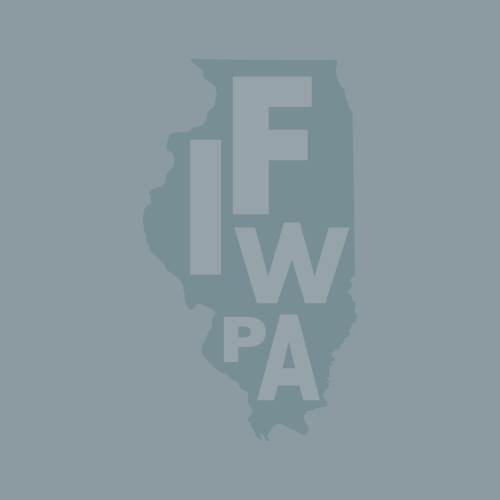Does your business engage independent contractors to provide products or services in Illinois, or is your business located in Illinois? If so, the Freelance Worker Protection Act imposes new obligations on contracting entities and gives freelance workers various remedies and rights for violations.
Illinois enacted the Freelance Worker Protection Act effective July 1, 2024. The Act applies to freelance workers providing products or services in Illinois or to a contracting entity located in Illinois. Contracting entities must have a written agreement with freelance workers for contracts taking effect after July 1, 2024.
...Read More




